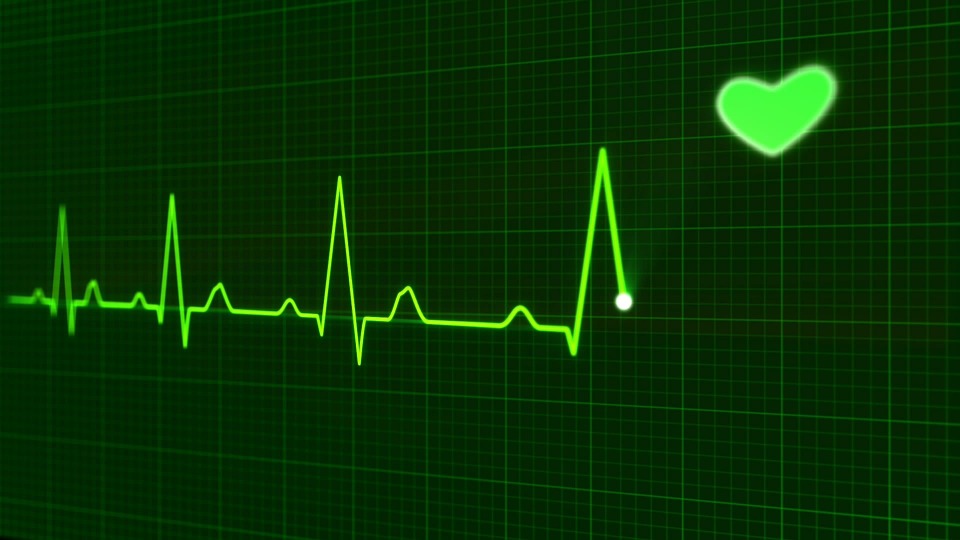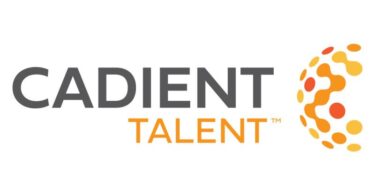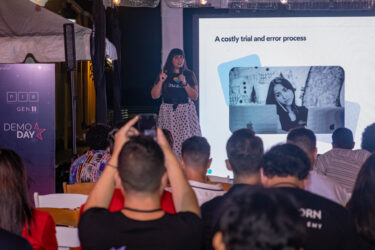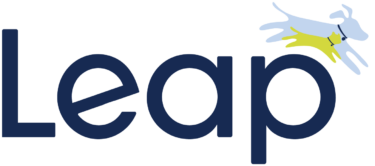In the future, doctors will be able to diagnose your illness before even meeting you. Recent applications of machine learning with big data are able to predict diseases—such as Alzheimer’s and diabetes—with incredible accuracy, years before the onset of symptoms.
To assess the likelihood of a patient developing a certain condition, physicians have traditionally relied on risk calculators such as this one. These use basic patient info such as age, weight and blood pressure to quantify the probability of occurrence of the disease in the future.
A risk calculator is a simple tool that works using an equation based on the data of one or a few studies; in fact, doctors used these mathematical tools on paper back in the day, simply solving for X after filling the blanks with a patient’s data.
The problem with risk calculators is that they lack accuracy (i.e. they work every time, about 60% of the time). Recent developments have opened the door for big data, computing power, and machine learning to create more complex, accurate methods.
Machine learning comes to save lives
Bringing together the data collected in many large-scale studies across diverse medical specialties, together with information from our medical records and other sources, doctors can accurately calculate the likelihood of suffering from a disease, a patient’s possible outcome, and even figure out what the main predictors for each illness are.
Computer scientists and physicians are teaming up to develop better techniques to predict a wide range of diseases. The CS experts have brought to the table the capacity to identify, develop, and fine-tune machine learning algorithms and techniques to predict conditions with better accuracy and speed.
While researchers traditionally try to pinpoint a few key variables that can predict a condition, recent research suggests that using entire medical records, containing over 200 variables, can yield better diagnostic accuracy. This method needs more computing power, but as it becomes available there is no reason not to go this way,
Machine learning yields better results
To give an idea of the usefulness of this approach, hospitalizations due to heart disease can be predicted with an 82% of accuracy using machine learning methods, compared with 56% when using a traditional risk calculator like the one linked before.
To give a few more examples, machine learning models can predict with 94% accuracy the likelihood of a Chinese individual suffering from cerebral infarction. It can also predict with 84% of accuracy the likelihood that you would develop Alzheimer’s within two years — or predict with 76% accuracy whether or not cholesterol is severely clogging your main arteries.
You would be right to argue that these are not accurate enough; lives are at stake, after all. In reality, doctors are human and diagnoses are often not accurate—even with their access to on-demand tests and physical examinations, which machine learning methods do not have.
Studies on physicians’ diagnostic accuracy reveal that only between 55% and 84% of diagnoses are on-spot, dropping as low as 5% for very difficult cases. About 15% of the times the diagnosis is plain wrong. Suddenly, machine learning’s accuracy does not sound so bad, especially considering there is a lot of improvement to be made.
Diagnostic prediction with machine learning will continue to improve vertiginously, as it has during the past ten years, making it a possible game-changer for the healthcare industry within the next decade.
Possible consequences
On the downside, we should consider the implications of these advancements. Our medical data will be more valuable than ever and privacy traps will be more common. Insurers will be interested in turning these methods into a way to calculate premiums, adjust coverage and optimize profit margins.
In a way, this technology can predict some future events where lives are at the stake. Maybe the next Google-sized giant will be built not on our willingness to click on an ad, but on our willingness to pay to know our future health and remain alive. We are at the mercy of the ability of healthcare regulatory bodies to match the changing times.












